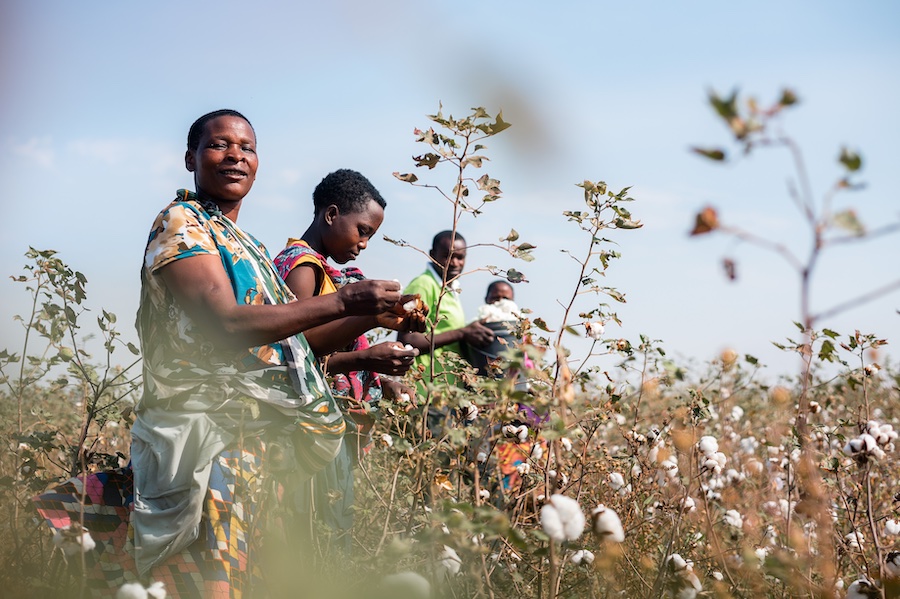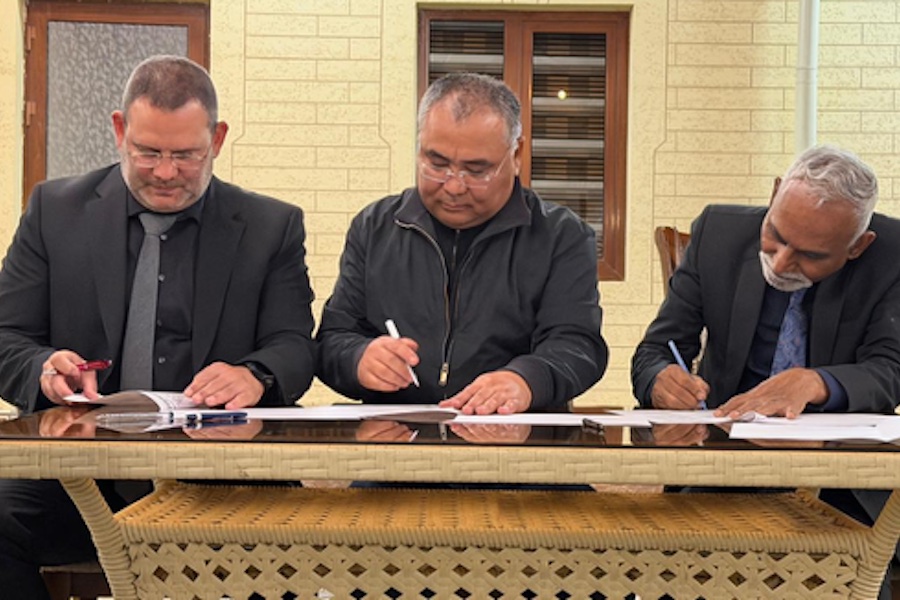#Raw Materials
GOTS, the Organic Cotton Accelerator and Textile Exchange announce new labs for qualitative GMO testing
The initiative aims to provide the sector with an updated overview of global labs that can currently conduct GMO testing per the ISO IWA 32:2019 protocol – a common language among laboratories worldwide to screen for the potential presence of genetically modified (GM) cotton along the organic cotton value chain. GOTS, OCA and Textile Exchange began the global proficiency test initiative in 2019 to clarify the laboratories that perform testing against the ISO IWA 32:2019.
Global ISO IWA 32:2019 Proficiency Test Initiative 2023
Twenty-seven laboratories from Europe, Asia, and North America have passed a new proficiency test round in 2023.
View the list of labs that passed the ISO IWA32 2019 Proficiency Test in 2023.
https://organiccottonaccelerator.org/wp-content/uploads/s-reports/Global-ISO-IWA-32_2019-Proficiency-Test-Initiative-Labs-2023.pdf
As qualitative GM cotton screening using the ISO IWA 32:2019 protocol is mandatory within the GOTS and Organic Content Standard (OCS) supply chain and OCA’s Farm Programme, the expanded list will provide many stakeholders in Organic Cotton with the clarity they need for taking all reasonable precautions to prevent GM cotton in their organic cotton produce while supporting the rapid sector growth seen globally.
This list is compiled based on labs’ satisfactory performance during the latest proficiency test round, which is organized every two years. The technical process and the performance evaluation of the proficiency test for qualitative cotton screening according to ISO IWA 32:2019 were managed by Wageningen Food Safety Research (WFSR), the organization that acted as a project leader for the development of the ISO IWA 32:2019 and is accredited for performing proficiency tests according to the ISO/IEC 17043:2010 Conformity assessment – General requirements for proficiency testing (not specifically in the field of GMOs). As the ISO IWA 32:2019 protocol established that GMO screening in cotton and textiles can only be reliably carried out in cottonseed, cotton leaf, cotton fiber, and chemically unprocessed cotton fiber-derived materials up to greige yarn and fabric, GM cotton testing should not be carried out in chemically processed cotton.
Efforts for transparency and integrity
Organic cotton claims that genetically modified organisms (GMOs) are not deliberately or knowingly used and that organic producers take far-reaching steps to avoid GMO contamination along the organic cotton value chain, from farmers to spinners to brands. To confirm that such measures have been taken, it is essential that organic cotton stakeholders can reliably test their products for the potential presence of GM cotton. The ISO IWA 32:2019 protocol was developed to create a common language among laboratories worldwide to screen for the possible presence of GM cotton along the organic cotton value chain.
Since its publication, qualitative GMO testing of cotton and textiles has been mandatory within the GOTS and OCS supply chain and OCA’s Farm programme. It is to be performed by appropriately qualified testing laboratories using the ISO IWA 32:2019 protocol.
Note: Are you a GM cotton testing laboratory that implemented the ISO IWA 32:2019 reference protocol, and are you now interested in joining the next proficiency test round in Q1 2025? Do you have any questions about the global ISO IWA 32:2019 proficiency test initiative 2023? Or do you want to update us about your contact details or your accreditation status against ISO/IEC 17025:2017 for GM cotton screening?
Please get in touch with our Innovation team with your query:
secretariat@organiccottonaccelerator.org.





canva-900-1.jpg)







